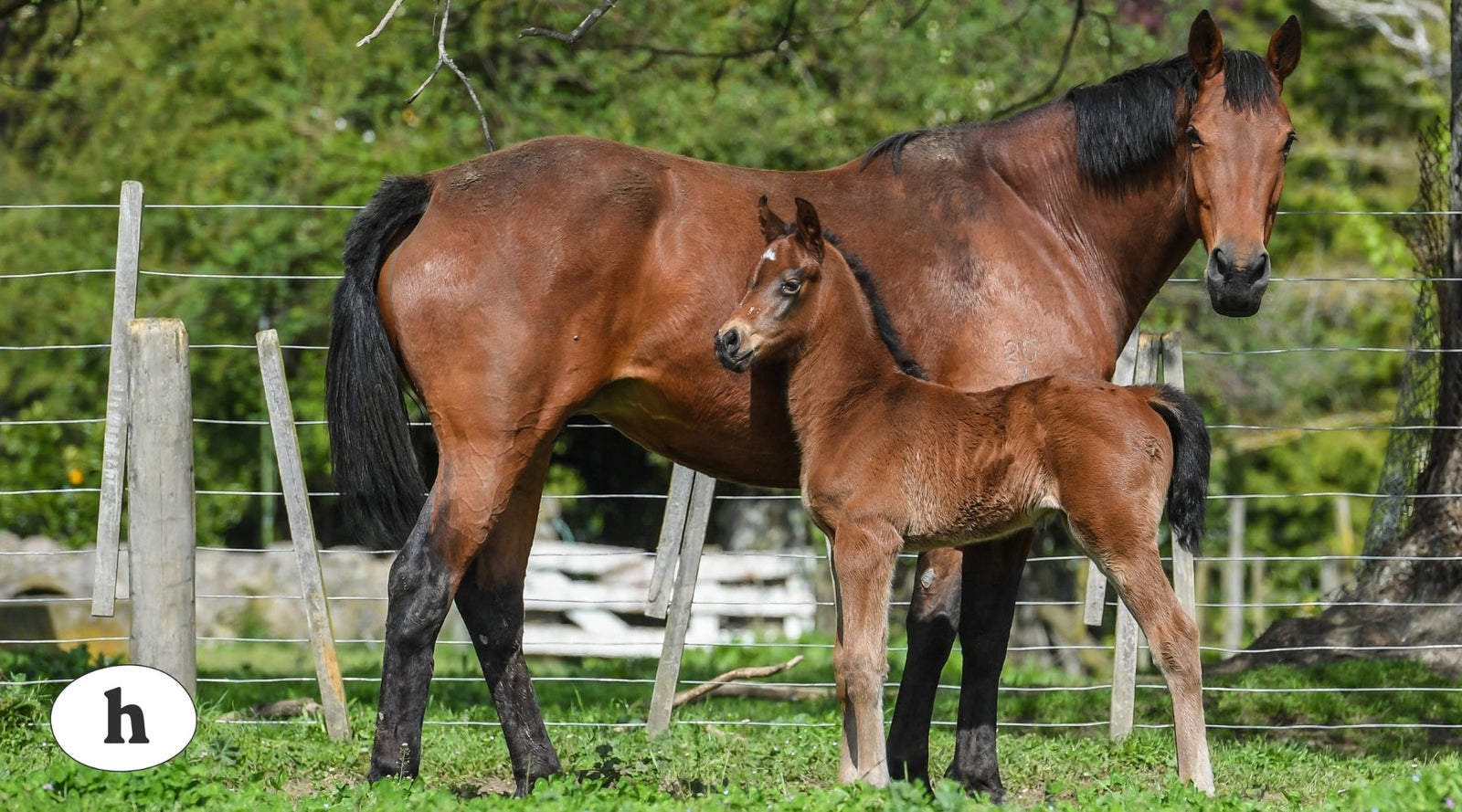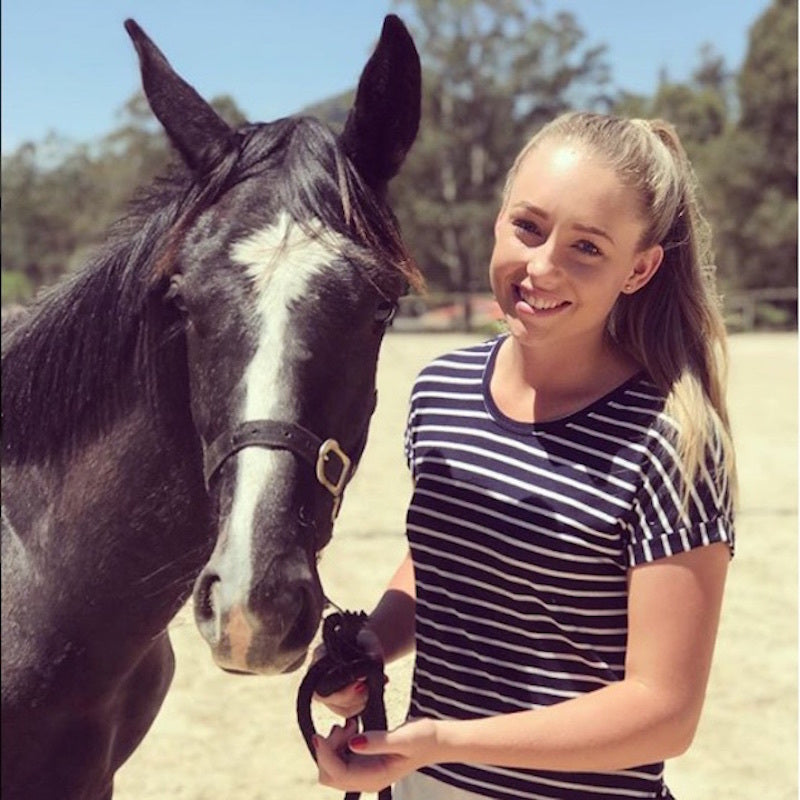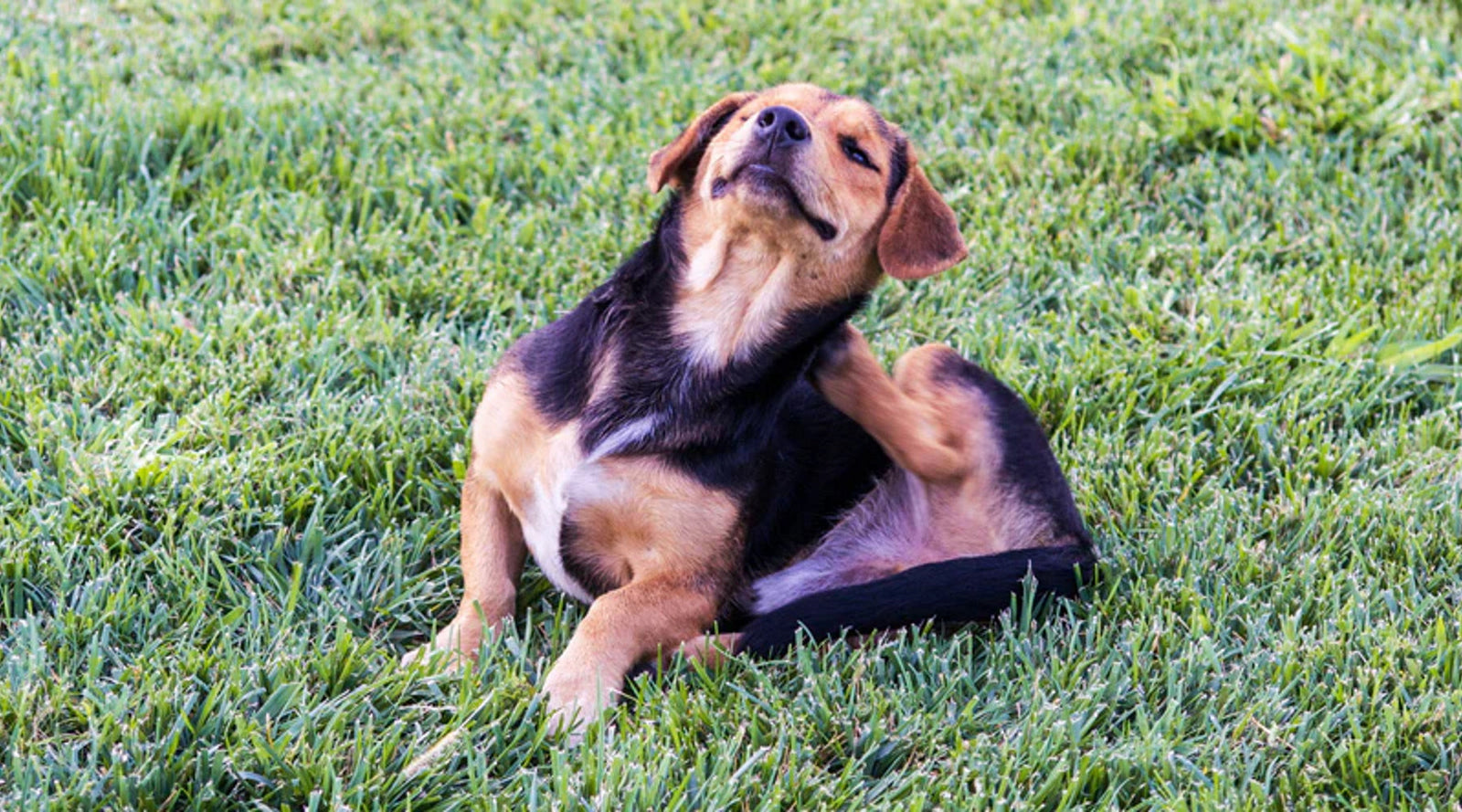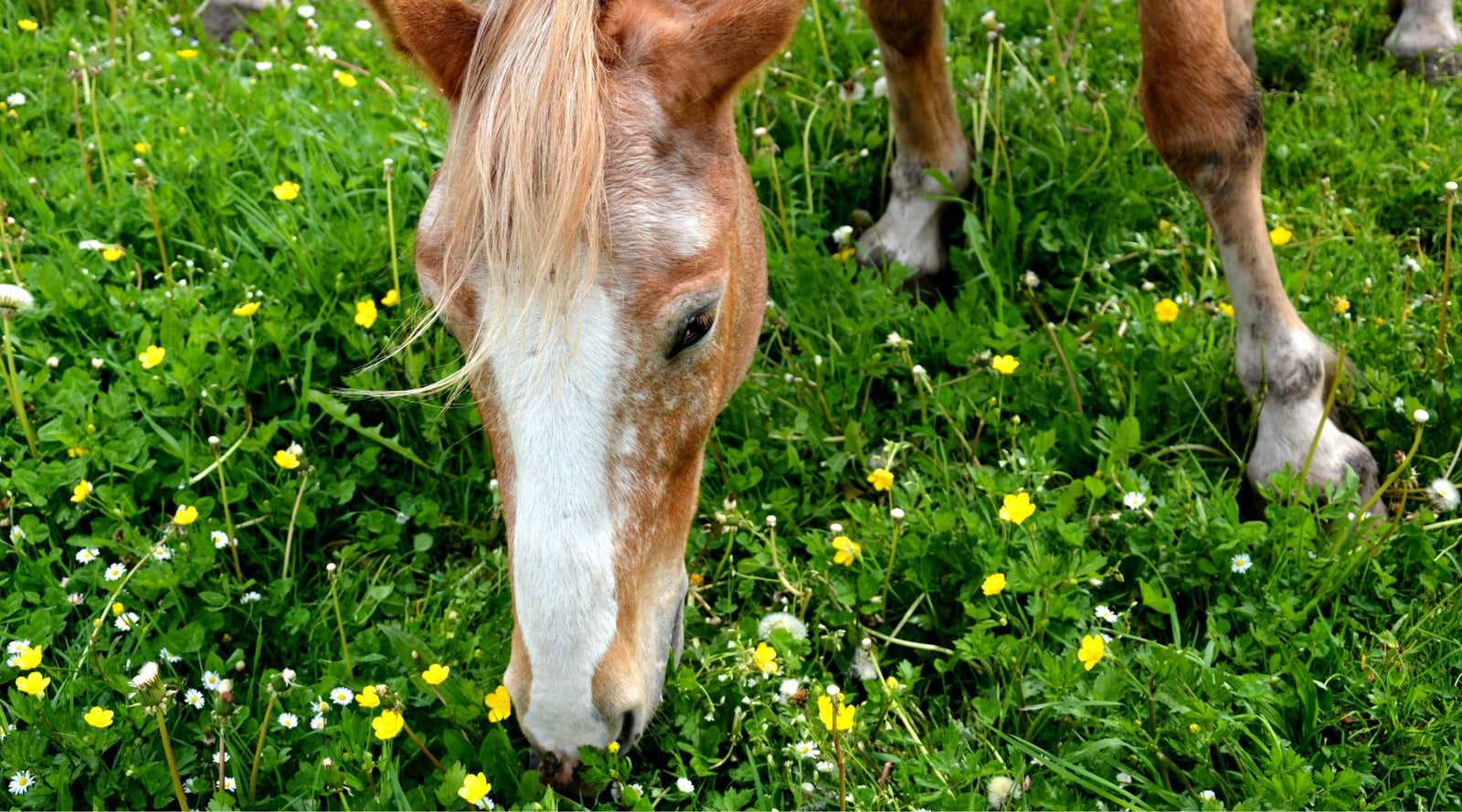Triple Hippo Rewards points are now available on all purchases made before midnight 24th February 2026.
Triple Hippo Rewards points are now available on all purchases made before midnight 24th February 2026.
Horse & Rider
How To Support Your Mare Through Foaling
by Fiona Lane August 25, 2025

Supporting your mare through foaling can be both exciting and nerve-wracking, particularly if it’s their first time or yours. From the early signs such as waxing up, to recognising when a newborn foal needs extra attention, being prepared makes all the difference. With the right knowledge and support remedies, you can help your mare and foal through every stage of the journey.
Key Highlights
- Foaling often happens at night and can look similar to colic, making it important to know what signs to watch for.
- Waxing up often indicates birth is within 48 hours, although mares can foal without showing this sign.
- Stress, poor nutrition, or hoof issues during pregnancy can make foaling more difficult and affect recovery.
- If unmanaged, complications such as retained afterbirth, heat scours in newborn foals, or bonding issues between mare and foal may occur.
- Keep your vet’s number handy, monitor your mare closely in the lead up to foaling, and track key milestones such as labour onset and foal feeding.
- Hippo Health offers a range of natural remedies to support mares and foals, including Mares Plus, Conditioning Tonic, Chilled Out Horse, First Aid Plus, Milk Plus, Mothering Plus and Foaling Heat Scours remedies.
Every foaling is unique, but preparation is key. In this blog, we share practical advice, vet considerations, and natural support options to help you and your mare through pregnancy, birth, and those all-important first weeks with a newborn foal.
Preparing your mare for breeding
Before you start breeding, make sure you talk to your vet and others who have been through this process and gather as much knowledge and information as you can. You can also start dosing your broodmare with our Mares Plus remedy to support normal hormonal cycling.
Supporting your pregnant mare
The first thing you should do once your mare’s pregnancy is confirmed is contact your vet. Their support, advice and regular checkups during this process will be invaluable, particularly if any issues arise.
You’ll need to ensure your mare gets the nutrition it needs to grow a healthy foal. Our Conditioning Tonic can help to support the normal assimilation of essential vitamins and minerals and – like all of the remedies in this blog post – is safe for pregnant and lactating mares.
Pregnant mares will naturally gain weight, and this can put pressure on their hooves, resulting in chips and cracks that can let infection in. Our Healthy Hooves remedy can promote absorption of minerals from their normal diet, that help to keep hooves strong. This remedy can take 1-2 months to take effect, so starting early is a good idea, especially if they are prone to hoof issues.
If you have a nervous, anxious or easily stressed mare, then our Chilled Out Horse might be just what they need. This natural remedy is a feel-good anxiety supplement that calms without side effects and is safe for pregnant and lactating horses.
Preparing for the birth of your foal
If your mare has foaled before, it’s likely they will follow the same pattern. However, if this is their first time, then be prepared, because anything can happen!
Waxing up, which is caused by leaking colostrum, is often a sign your mare will foal within 48 hours, although - of course - they can drop without doing this. If your mare is running milk, get in touch with your vet as it means valuable colostrum is being lost.
How to know if your mare is in labour
Labour can sometimes present with similar symptoms to colic, so if your mare is showing any unusual signs of discomfort, call your vet immediately.
Helping your mare through labour
Foaling usually only takes around 15 minutes, so if your mare has been in labour for 30 minutes or more, or is showing signs of distress, call your vet. Once labour starts, write everything down – when labour was noticed, when the bag presented, when her waters broke – just in case you need this for your vet.
Caring for your mare after delivery
It’s important to stay with the mare until the afterbirth has been passed – usually within an hour after delivery, but if it’s been 3 or more hours, call your vet. Once delivered, hold the afterbirth up to check that it’s intact - it should look like a pair of dungarees. If you suspect any of it is missing or you have any concerns, take a picture and call your vet. A lot of people get their vet to check the afterbirth once delivered, so keep it aside for a little while just in case the vet wants to inspect it.
If the mare has had a difficult birth, our First Aid Plus - Equine remedy may be useful. This natural remedy supports a normal immune response to pain, swelling and inflammation of soft tissue while also promoting healing of wounds.
Caring for your newborn foal
Your newborn foal should be trying to stand around 30 minutes after birth. If they are lethargic or unable to get up after 30 minutes, call your vet.
Within the first 2.5 hours your foal should be trying to feed – if not, call your vet. For the first 24 hours the foal will receive colostrum and after that, the mare’s milk should come in. If your mare’s milk production is deficient, our Milk Plus remedy can help - it’s safe for your lactating mare and is competition safe (not swab-able) too.
It’s normal for the foal to take a few days to “unfold” so don’t be overly alarmed by poor confirmation – although if you have any concerns, call your vet.
It’s also important to check your mare is accepting her foal. If she is showing any aggression or over-protectiveness, or is ignoring her foal, call your vet – especially if this means the foal isn’t drinking. Our Mothering Plus remedy is a natural anxiety supplement formulated to support mares who aren’t bonding, are avoiding nursing or being aggressively protective of their newborn foal.
Your mare will come into foaling heat around 5 days after giving birth and this can sometimes cause heat scours. If your foal starts to show signs of diarrhoea then we recommend using our Foaling Heat Scours remedy. It’s been professionally formulated to help reduce the scouring and hair loss and can be dosed onto the mare’s udder if the foal is shy. Heat scours is potentially serious in newborn foals, so make sure you talk to your vet.
Weaning your newborn foal
Weaning often happens at around 4-7 months old, and can be a time of emotional and physiological stress for both the mare and her foal. Start dosing with our Weaning Plus - Equine remedy a week before it's time to start the weaning process and continue dosing for two weeks after weaning is complete.
Final thoughts about foaling
Foaling is a special but sometimes unpredictable journey, and every mare and newborn foal will have different needs. By recognising key signs such as waxing up before birth, staying alert to complications like heat scours, and keeping your vet’s number on hand, you’ll be better prepared to support your mare and foal through each stage.
General Disclaimer: Always follow dosing instructions. Our remedies are formulated to support the natural immune system of horses, pets, livestock, and people. We do not claim to treat, medicate, or cure any health conditions. If you are worried an animal may be in pain or suffering, please contact your veterinarian.




